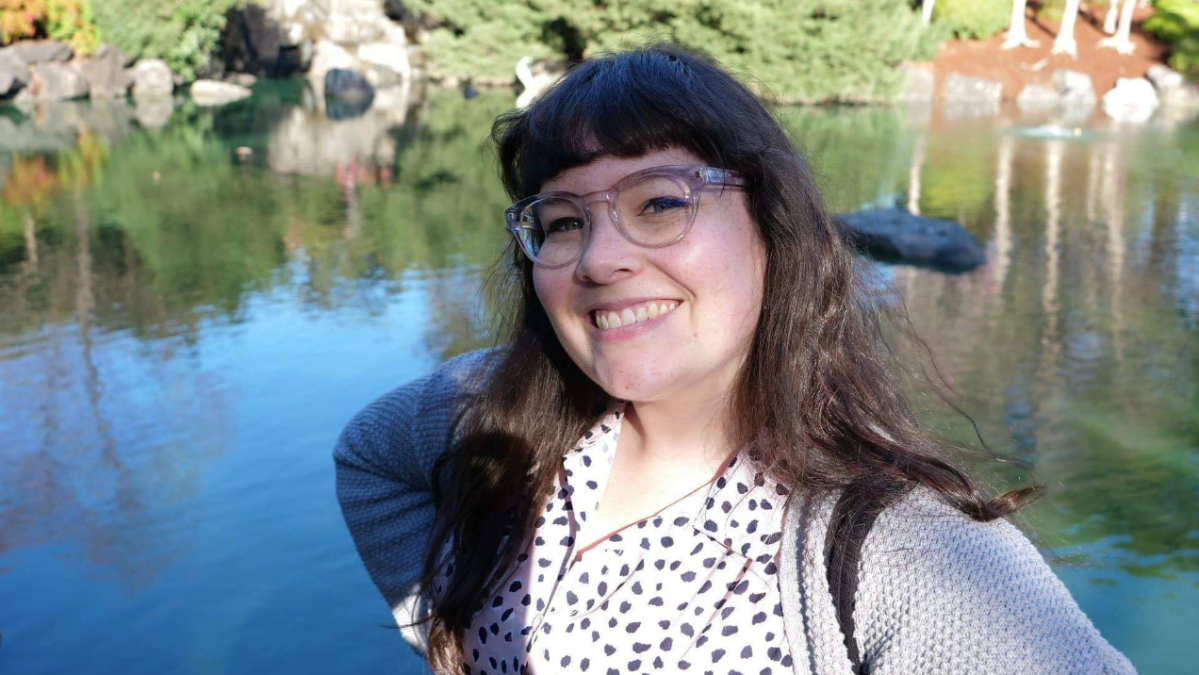
I was a very anxious kid growing up, but it wasn’t until I was about 17 or 18 when it started manifesting. Then I was diagnosed when I was about 21/22. It was in therapy, and it took me about five sessions to even mention the intrusive thoughts that I was having.
As soon as I mentioned it and how much it was affecting me, my therapist was like, “Yikes, okay this changes everything”. She explained that anxiety is a spectrum and OCD sits on one end, and I was on that end rather than generalised anxiety.
OCD sits on the anxiety spectrum and usually involves having an obsession, or obsessions, and then developing compulsions in order to negate the anxiety around the compulsions. The most commonly known obsession is germs or order, but there are so many other ones of sexual or dangerous natures.
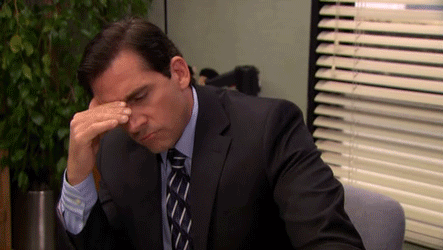
Boiled down, my worst obsessions were about causing myself or other people harm. When my anxiety was at its worst I would become convinced that my body could just go into autopilot mode and hurt others.
A big part of it is impulsive thoughts, everyone gets them but people with OCD ruminate on their impulsive thoughts a lot more. I would be driving, and see a pedestrian and a tiny voice in my head would say “knock them down!” and that would upset me greatly.
I knew everyone had random thoughts that seemingly come out of nowhere but there was always a part of me that was like, why would I think that? Do I actually wish harm on this person? Am I a dangerous person? It would cause a spiral that affected my life so much.
I would avoid driving because driving would trigger these thoughts. I would imagine scenarios and not be sure if they were memories or imaginations.
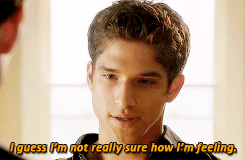
I had one impulsive thought of drinking chlorine once and for the next three years couldn’t touch any sort of cleaning agent in case I would just mindlessly drink it – because if my brain was able to think of that scenario, it must have the capacity to actually make me do that.
I developed a lot of compulsions, like spitting in sinks (annoying and embarrassing) to “get rid” of any harmful stuff I may or may not have ingested, as if that one little spit would save me from poisoning myself.
I’d count the knives in my house every night to make sure I didn’t take one to hurt myself or my family, pinch my skin when reassuring myself I didn’t act out the impulsive thought – sometimes even breaking the skin. It was fucking tiring, having to second guess your entire experience. Funnily enough, even after telling my GP all of this, she said that couldn’t be OCD because it wasn’t germ-related!
It took me years to be able to explain it to people, because internally, you need this version of your reality to make sense – otherwise why is it making you suffer so much? But saying this stuff aloud made it seem so dumb and embarrassing.
There are even more obsessions I had that I’m still too embarrassed to mention, and I suffer from them on some level still (much less though, thank you medication).
It was hard to tell my therapist at first – it took months of therapy, but the more I talk about it the less power it holds over me. I laugh at it so it hides. I straight up tell people that I have OCD, and no, it doesn’t mean I’m obsessed with germs.
Most people are super understanding about it, and they recognise that they experience the symptoms sometimes too. It’s super, super common.
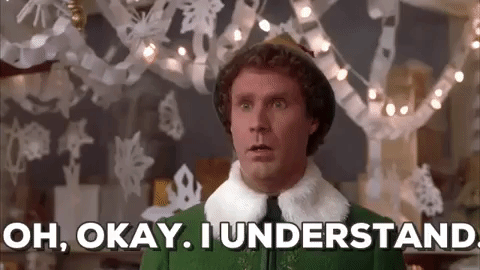
It’s still a bit hard to explain what types of obsessions I have had, but I usually explain it as obsessing over impulsive thoughts that affect my life a lot. But I think now that people are relatively open about anxiety, people recognise the diversity of OCD and are super receptive and supportive.
There’s always the odd person who tries to mansplain it to me and those who say “Omg me too! I love Kikki.k!” and maybe they do, maybe they don’t. But people are really learning that organisation does not equal OCD, which is great.
There’s still a lot to talk about with it as well, a lot of people still see it as purely a “turn lights on and off 18 times or the world ends” kind of thing and I have to say, “Haha no, it’s so much more than that”. It can be absolutely debilitating.
In the media I consume, it’s either not mentioned at all or they go for the hand washing OCD – which is fine but it’s not the only form of OCD. It just adds to the isolation that we feel.
The hardest thing is to just sit with the anxiety and avoid the compulsions as much as possible. My therapist also said the mere fact that I turn myself into anxious knots over the fact that I may be a psychopath says that I’m not, because people who actually are these things aren’t worried about it. Weirdly, that also helped a lot.
I was super lucky, I had a great therapist and the medication I was prescribed worked and I’ve been on it ever since. I’m about 95% better than I was at my worst, and I don’t think I’ll ever be without it. There’s still a little voice that nags me in the back of my head, but I’ve been given good methods of dealing with it and it quietens it a lot.
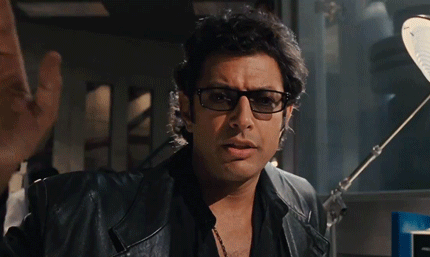
I’ve found that talking about it helps it so much. The more I talk about it with people, and the more I joke about it and be open about it, the less power it has over me.
I’m very careful about not taking too much on now, my mental health is my top priority. It’s a lifelong thing, and I know that I have to live with it. So I try to make it easier for myself and take care of my mental health and wellbeing.
Of course, I still get periods of stress and I can feel it creeping in and the depression setting in, but I know I need to ride it out and take care of myself.
If you or someone else needs support in a crisis situation please call BeyondBlue on 1300 22 4636 or Lifeline on 13 11 14 for 24/7 counselling.
Got a story you think people need to hear? Send it through to yourstories@pedestriangroup.com.au



